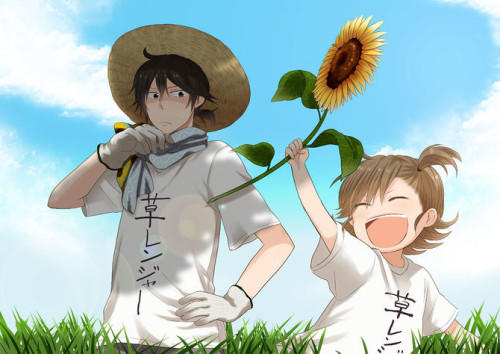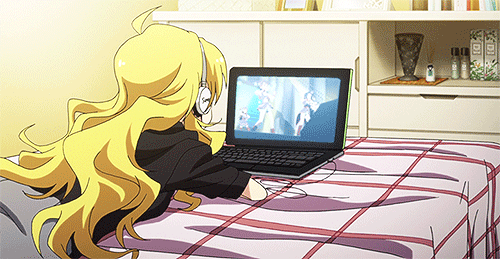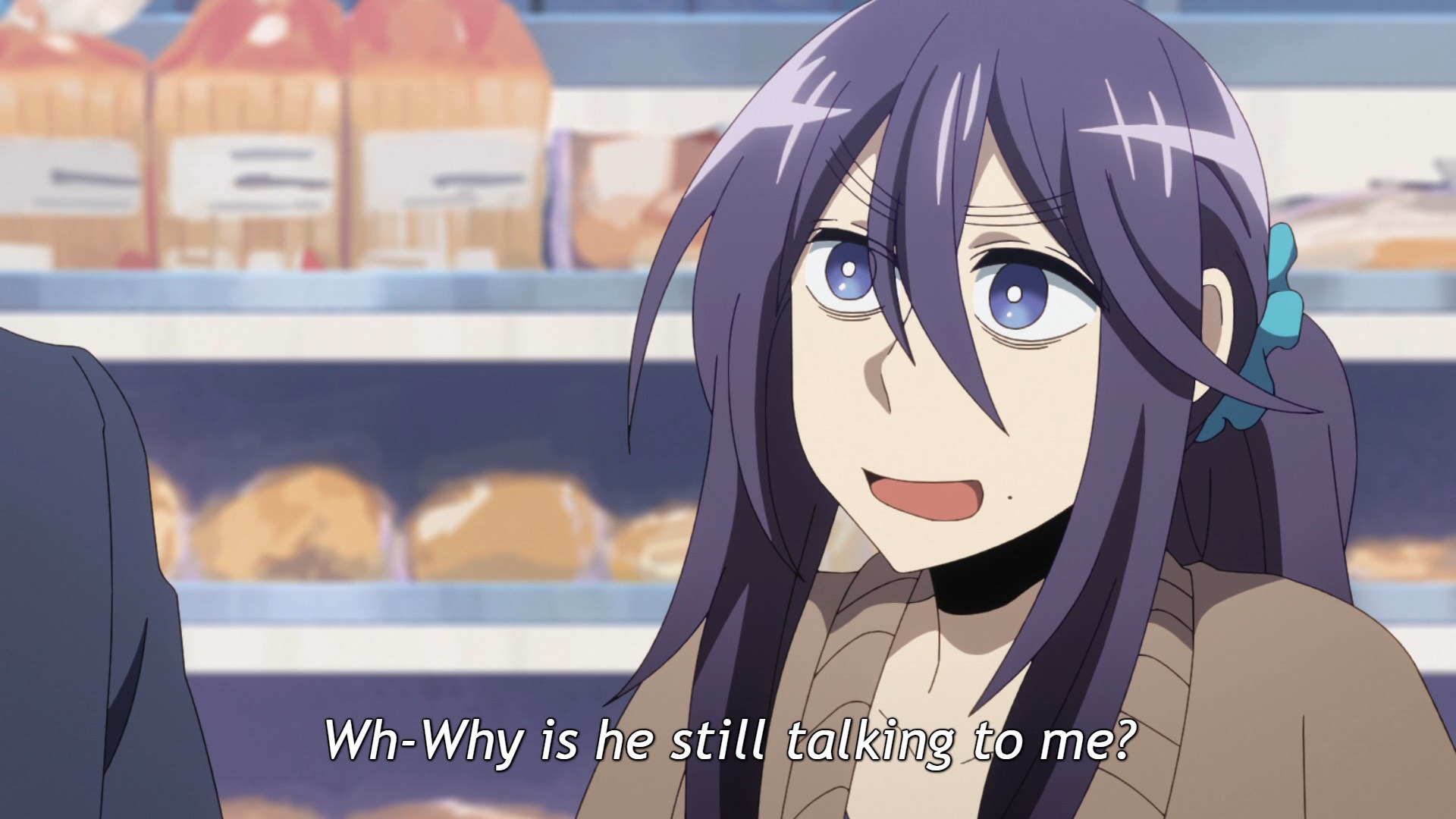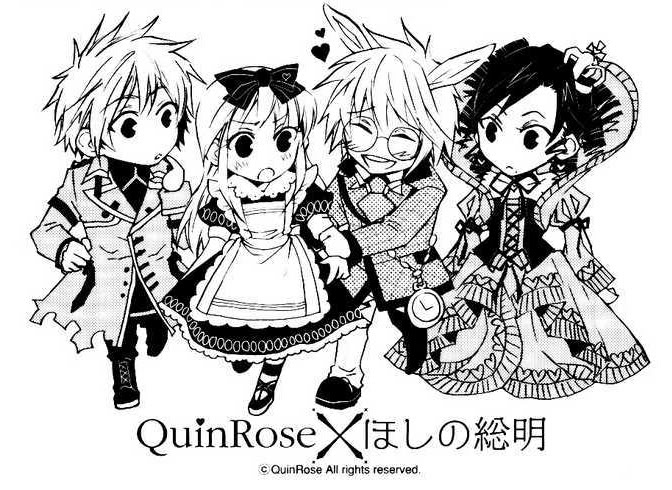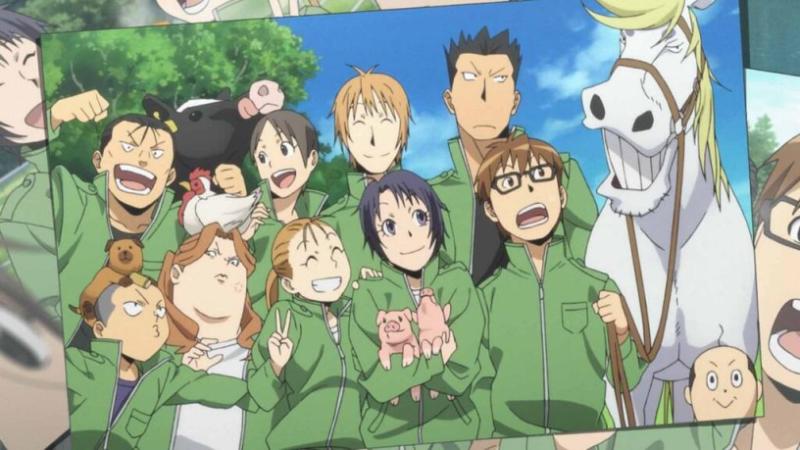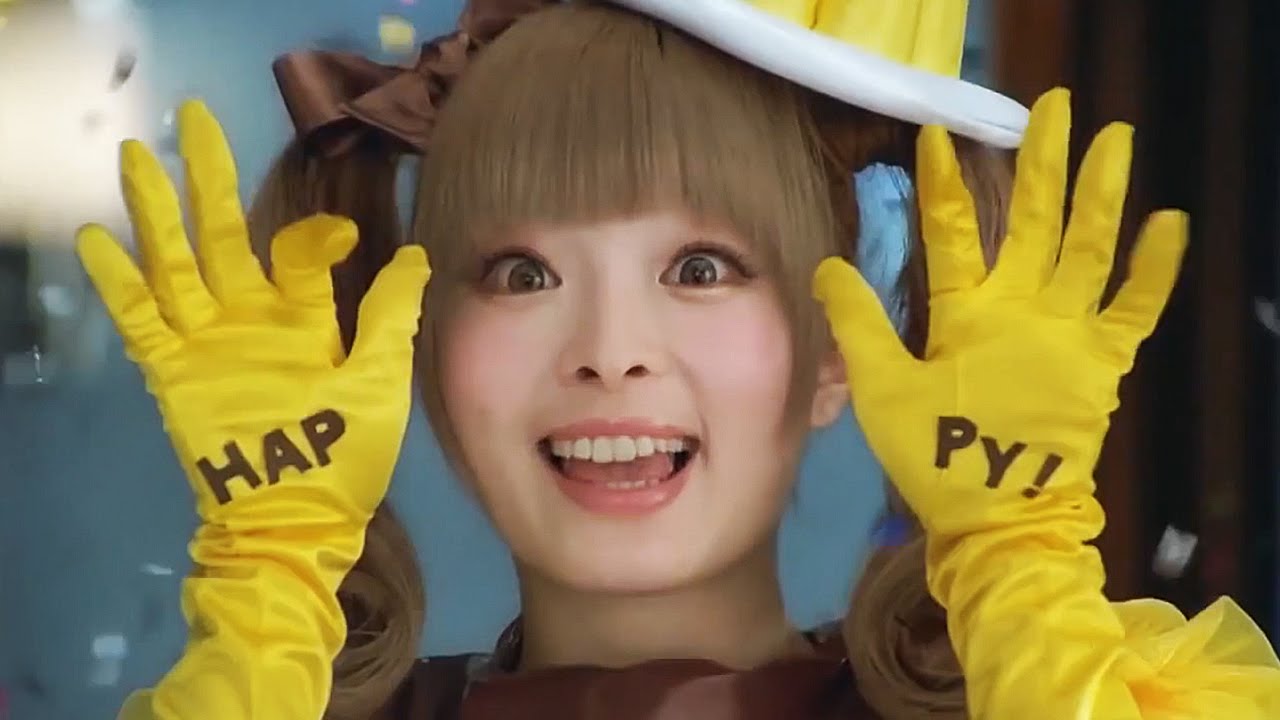Barakamon is one of those stories that resonates and repulses me. I grew up in rural America and have a dislike for cities. I also dabble in art – drawing, painting, and writing – so a story about a city-slicker professional artist who goes country appeals to me. However, most of these types of stories idealize rural life and portray creative types as impulsive, chaotic, and even a little psychopathic.
Barakamon does both, but handles the idealization of the rural differently, Rather that contrasting the city to the country, the story drops the drama-queen Satsuki Yoshino into a village and shows how the fictionalized small village operates. The story captures the busybody nature of small towns and the necessity to know how to make your own fun. There are no movie theaters or other places to go.

Rather than portraying cities as evil and something to be avoided, Barakamon portrays cities and rural towns as simply different. Granted, the idea of a city being faster paced than a rural town is a trope. Cities only seem faster paced because of the denser populations. Everyone has the same number of hours in a day. In many regards rural workers have more to do with less time because of longer commutes and lack of public infrastructure like trains, buses, taxis, and fast Internet.
Barakamon does a nice job of portraying country boredom. Generally, rural areas are not the best places for extroverts. Unless you make your own stimulation, country towns are havens for introverts like me. I am never bored because I have plenty of projects and hobbies to keep me busy. People exhaust me. This is the largest reason why I dislike cities. There are just too many people and too much noise. Sure there are cool things to do like see an opera or a play, but I’d rather not have to deal with the daily crush just to have access to an occasional show. The summer scenes of the anime were well done. You could feel the heat and the midsummer boredom of the kids when they began to exhaust their to-do lists.
I wanted to slap Satsuki Yoshino several times over the course of the anime. His melodramatic moods are a stereotype that give artists a bad name. Most professional artists I know are highly rational and controlled. You can’t be a professional artist without acting professional. Of course, the story points to how Satsuki’s behavior is a problem and hinders his ability as an artist. However, his drama-queen attitude changed very little over the course of the show. He became less impulsive, but he remained too sensitive.
Granted, this stereotype of artists had to come somewhere. However, after a certain point a feedback loop starts. Creative people begin to think they should act as unstable as the small, successful and unstable artistic community. This feeds back and encourages others to behave the same way. In the story it makes for some comedy, but mostly the antics bothered me. I dislike the impulsive artist stereotype.
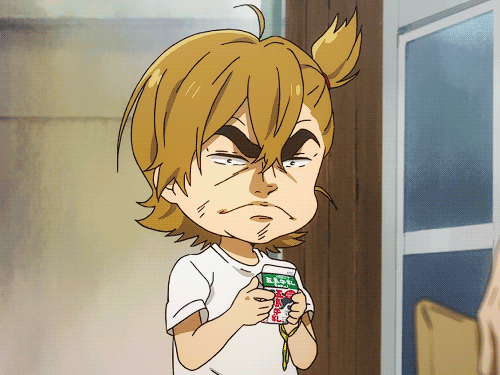
Barakamon is an entertaining watch. It has charm and does a good job portraying the positives of country life. It glosses over the problems with country living, but for some people these problems are positives too. I like the quiet and lack of constant stimulation. Although country life does not really help you get more in tune with nature as Barakamon seems to think it does. Often you are just too busy. However, I wouldn’t trade living in the country for a city. Cities are too crowded, and like Satsuki struggled with, cities lack creative inspiration for those of us who are easily over stimulated. The country isn’t for everyone, but neither is urban life.
